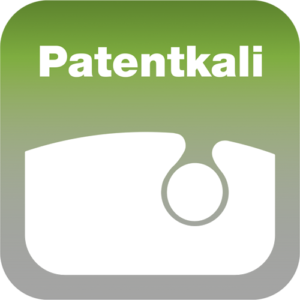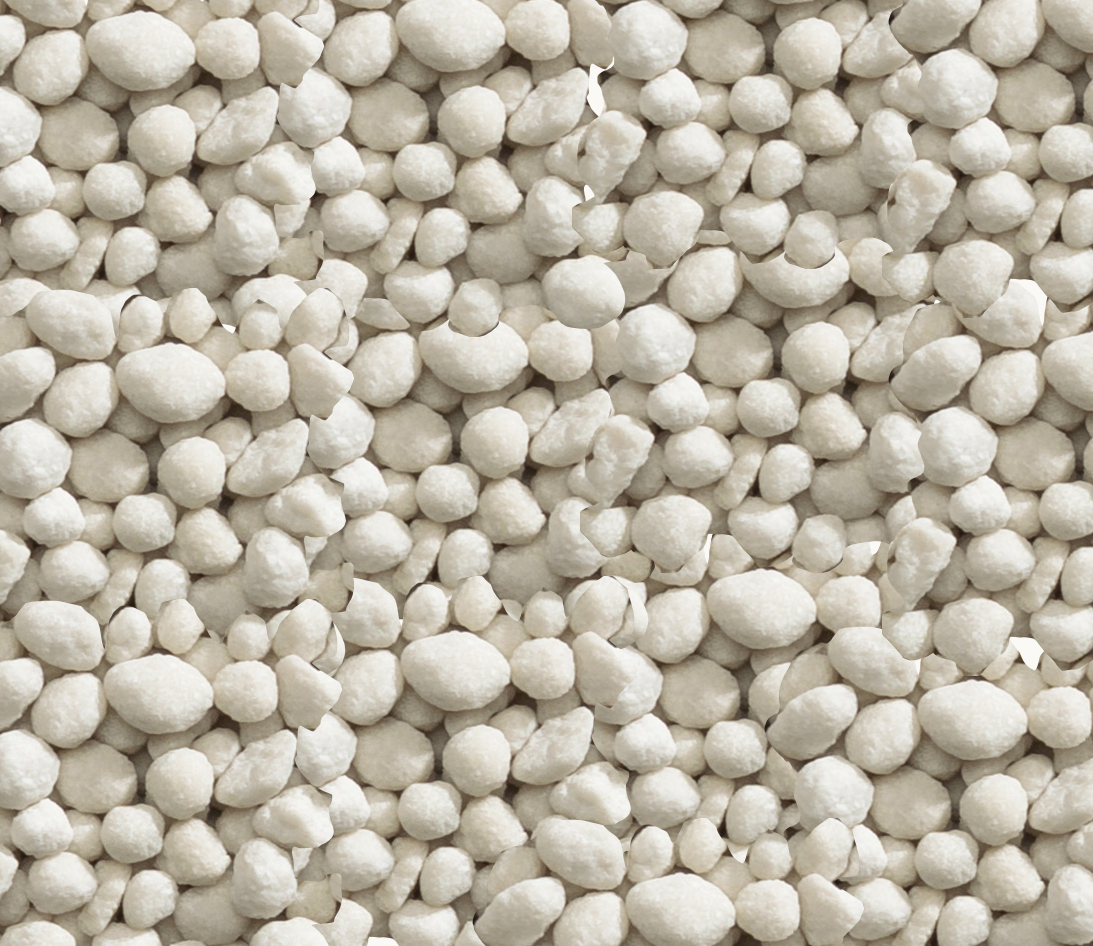Patentkali
mineral fertiliser for organic farming

Patentkali is a highly concentrated fertilizer containing potassium and magnesium fertilizers (25% K) which also contains magnesium and sulfur, in an ideal balance for plants. All nutrients are easily water soluble and readily available.
Patentkali has a low salt index and is practically chloride-free (max. 3%). It is therefore an ideal source of K, Mg and S for chloride and salt sensitive crops such as fruits, vegetables, potatoes, sunflowers and forest trees.
Patentkali is extracted from raw potassium salt of natural origin in natural salt deposits formed by the evaporation of seawater many millions of years ago. Due to its natural origin and the minimal treatment in fertilizer plants, Patentkali is suitable for organic farming according to Regulations (EC) 834/2007 and (EC) 889/2008. Patentkali has also been certified by the Soil Association (UK) for use in organic farming systems. Particularly suitable for chloro-sensitive plants, such as potato. Patentkali has a positive effect on starch content, storage capacity and palatability. Patentkali is effective on all soil types, regardless of pH.

Mineral reserves in the soil always go down during cultivation. But not always, for example, most of the potassium in a harvested grain crop will be present in the straw. So when it is commercially reasonable to sell straw, it is important to increase potassium inputs to compensate. The potassium in Patentkali complements routine fertilizer applications.
High percent potassium (K) fertilizer on sulfate base is suitable for all chloride and salt sensitive crops. Due to high sulfur content, potassium sulphate is particularly suitable for plants with high sulfur (S) requirements, such as rapeseed, radish, cabbage and onions.
Recommendations
Crop
Objective
Recommendation
Cereals and oilseeds
Apply at the beginning of spring, to oilseed rape to optimize the synthesis of yield, protein and oil. For wheat to increase yield and to ensure grain protein quality. On painted barley for yield and quality.
To be applied after soil analyzes
Peas
Apply directly in the seedbed or immediately after germination. This is a zero-N fertilizer that brings readily available potassium and sulfur to the crop, and can therefore be taken up by the plant at an early stage to feed the nitrogen fixation, which occurs in the roots and for protein synthesis in the plant.
To be applied after soil analyzes
Grass
The use of livestock manure is not a safe source of available potassium or sulphate, and is best regarded as maintaining soil reserves. Patentkali should be applied in accordance with nitrogen requirements as needed to achieve optimal grass growth throughout the season in proper K: N: S ratio.
To be applied after soil analyzes

Analysis
Potassium sulphate (K2SO4)
Magnesium Sulfate (MgSO4)
Other sulphates (CaSO4, etc.)
Chlorides (KCl, NaCl)
Crystallization water (H2O)
min 50 %
min 30 %
ca. 1,5 %
5,5 %
12 %

Content
Water-soluble magnesium salt, potassium oxide, magnesium oxide and sulfur trioxide.
Size fractions:
> 5.0 mm
2.0 - 5.0 mm
< 2.0 mm
2 %
92 %
6 %

Recommendation
Refer to soil and leaf analysis, as well as consult your advisor, plant nutritional needs and crop level.
Patentkali can be applied before growth starts in the spring. The goal is often to adapt the sulfur requirements to the potassium needs of the crop.



